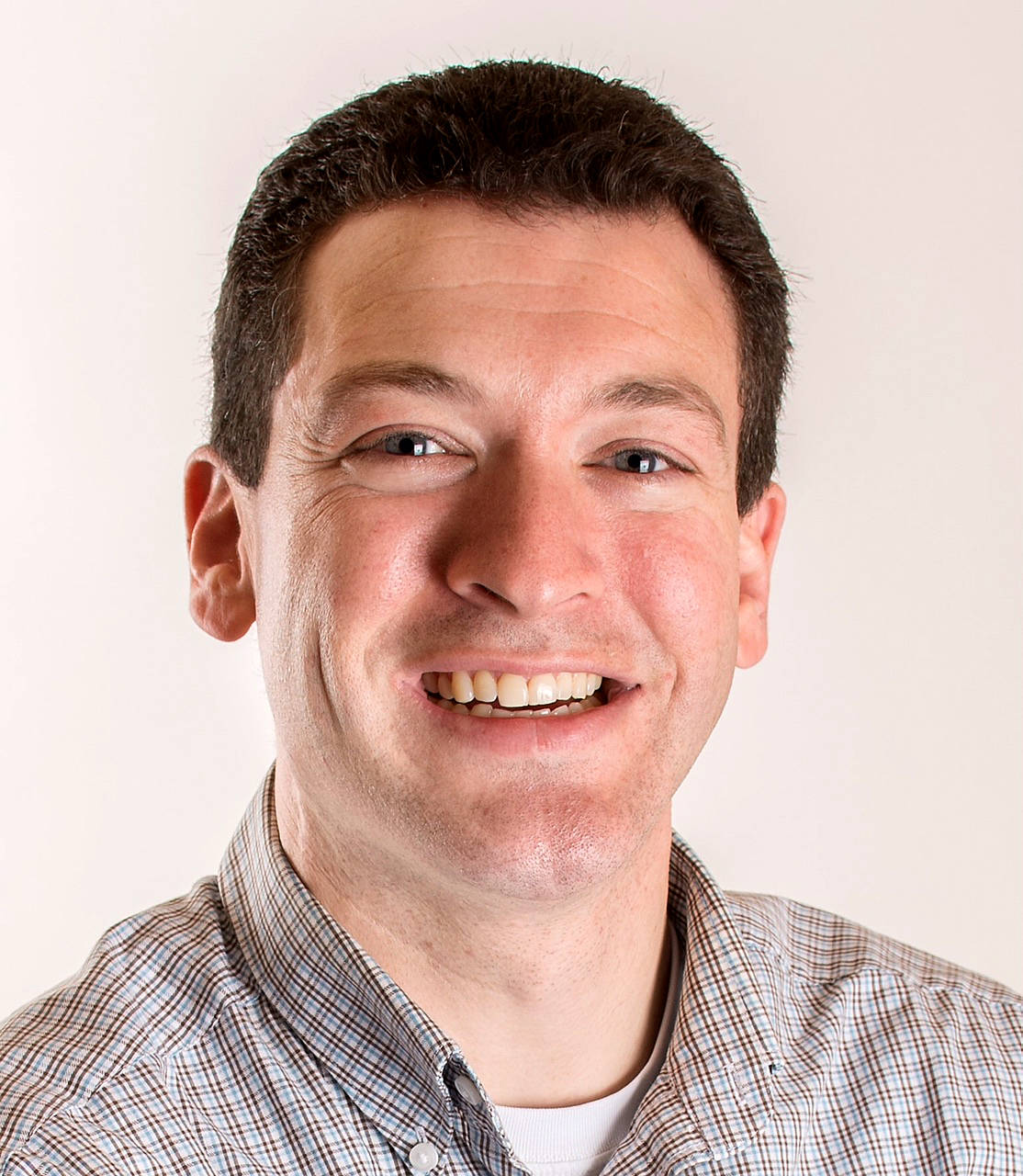The candidates for Grays Harbor Superior Court, current judicial appointee Ray Kahler and challenger David Mistachkin were asked to define the key three issues facing the legal process in the county and what they would recommend to make that process better or more fair.
Here are their responses, followed by statments of their qualifications, edited for length.
Kahler:
• There are ways in which we can improve the handling of divorce and child custody cases. First, many counties require people involved in child custody cases to take a four-hour, high-conflict parenting class to help them understand how conflict between parents damages children, how to manage the inherent conflict involved in the break up of a family into separate households and concerning signs to watch for in children experiencing this change. The class is taught by two master’s-level counselors, one male and one female. State funding is available to subsidize the cost for people who cannot afford the $50 fee. The agency that teaches the class in Thurston, Pierce, Lewis and Mason counties is willing to provide the class in Grays Harbor. From what I have observed as a judge, people do not intuitively understand how to handle the challenges and conflict in these situations. I have taken the class and believe it would be helpful to people involved in these cases and would help mitigate the conflict between parties.
• Second, I would like to see increased use of mediation in divorce and child custody cases. Many counties require parties involved in these cases to go through mediation before they get a trial date. One of the major problems in these cases is that there is so much hostility between the parties that they cannot communicate effectively, even though the long-term goal should be for the parties to be able to communicate civilly so that they can resolve issues without coming to court.
• A recurring problem with the family law docket has been the length of time people have to wait for their case to be heard. Now that we have a third courtroom, we have been able to divide the family law docket into two more manageable dockets that can be handled at the same time in different courtrooms, which has significantly reduced the wait time.
Like many other societal institutions, the Superior Court has been affected by the opioid epidemic. A significant number of cases on the criminal docket involve possession of heroin or prescription drugs, as well as theft/property crimes that have drug addiction at their root. In turn, the high number of drug-related criminal cases increases the county’s costs for court-appointed attorneys because criminal defendants have a constitutional right to counsel. The court is also involved in the impact of the opioid epidemic on children and families. The dependency docket has a number of cases involving parents.
Mistachkin
• One of the biggest issues facing our legal process is the disparity in outcomes as between litigants that have legal representation and those who do not. The court should take steps to ensure that the rights of pro se litigants are being preserved.
• Another issue regarding the fairness of the legal process in Grays Harbor County is the manner in which we handle pro se litigants. Pro se litigants are often treated in such a way that discourages or inhibits them from pursuing their cases. Pro se litigants being treated with less than the appropriate respect and dignity is a real problem.
• Abuse of the legal process by litigants and attorneys. Often times it is clear that certain causes of action and allegations or arguments brought by parties completely lack merit, but the court rarely takes any action to address this issue.
The third courtroom was definitely needed to alleviate the problem of having far too many cases, hearings and trials for just two courtrooms. I also think that although funding levels are always an issue, the expenditure of funds to make the courthouse a safer place was absolutely necessary.
Statements of qualifications
Kahler: As a Superior Court judge, I have presided over nine jury trials and three bench trials in criminal and civil cases. I have also heard more than 20 divorce, child custody and/or guardianship trials. I have handled the civil, criminal, protection order and family law dockets. As an attorney, my law practice focused on civil litigation. I appeared before trial court judges in more than 15 counties as well as in federal court. I also handled appeals as a lawyer, including arguing three cases in the Washington State Supreme Court. I think it is helpful for trial court judges to have appellate experience, because it gives judges an understanding of what the appellate courts consider in reviewing decisions and what kind of record a trial court judge must make for a decision to be upheld on appeal. I handled many complex cases that required extensive legal research and preparation. I have a strong work ethic. From my experience as an attorney representing individuals and families, I understand the impact that my decisions as a judge have on people’s lives and take that responsibility very seriously.
Mistachkin: I have more than 15 years of trial experience. I have been a criminal and family law attorney since 2003 other than the two years I was District Court judge in 2015-2016. During those two years, I presided over many criminal jury trials. As an attorney, I have handled countless jury trials on criminal matters ranging from simple assault to murder in the first degree. I have handled family law cases as an attorney, many that have proceeded to trial. I have also presided over family law cases as a Superior Court commissioner. I have presided as a court commissioner in the Juvenile Department of Superior Court on many occasions where I was hearing juvenile criminal matters, dependency cases, youth at risk matters and truancy cases.


